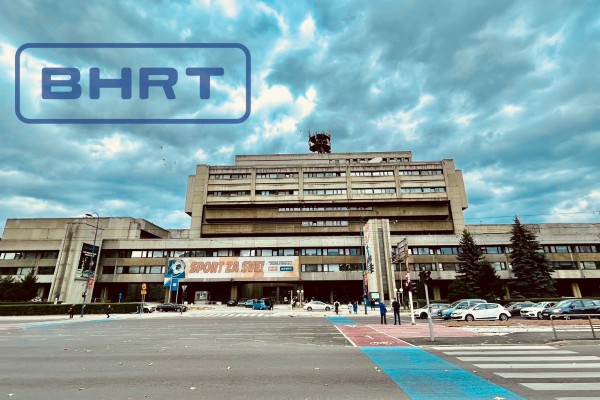On Feb. 24, the Court of Appeal in Komotini, north-eastern Greece, is expected to revise the sentence against the Turkish-minority publications Gundem and Millet which have been ordered to pay 150,000 Euros and 120,000 Euros respectively to a local teacher who sued them.
The Vienna-based South East Europe Media Organisation (SEEMO), an affiliate of the International Press Institute (IPI), considers the proposed fines excessive and hopes that the court will revise its decision. Gundem and Millet sell between 1,200 and 1,500 copies each per week and employ one or two regular staff, in addition to their owners. Located in Western Thrace, they address the Turkish-speaking minority spread throughout small towns and villages. The excessive fines could imply their closure and even imprisonment for their journalists.
The case involving Gundem and Millet goes back to January 2011. Both weeklies published a story about a local teacher who had volunteered to come from the capital, Athens, and work in the village of Mega Derio (Buyuk Derbent), and who allegedly asked her primary school pupils to draw a picture of God. Many of the children are Muslims, and since Islam prohibits the depiction of God they refused to comply with the teacher’s request, and complained to their parents. Both newspapers reported on the incident and were subsequently sued by the teacher.
The incident gained nationwide publicity because of the excessive fines. Analysing Greek media laws, the Athens-based daily Eleftherotypia recalled in 2011 that the court had based its ruling on the fact that the story’s impact went beyond the local community since it was taken up by the Greek national media. Eleftherotypia noted that the law stipulates that fines for a national publication start at just 29,325 Euros while fines for a local publication start at 5,865 Euros. In other words, the fines of 150,000 Euros and 120,000 Euros go far beyond the stipulated legal minimums.
“I hope that the court in Komotini will revise the previous decision concerning the fines,” said SEEMO Secretary General Oliver Vujovic. “Such excessive fines can lead to silencing small media in general and minority media in particular. I think that this trial will be a test of the willingness of the Greek authorities to respect media freedom and minority rights. In fact, since I attribute such importance to this case, my personal advisor Jorgos Papadakis will attend the trial on my behalf on 24 February.”


